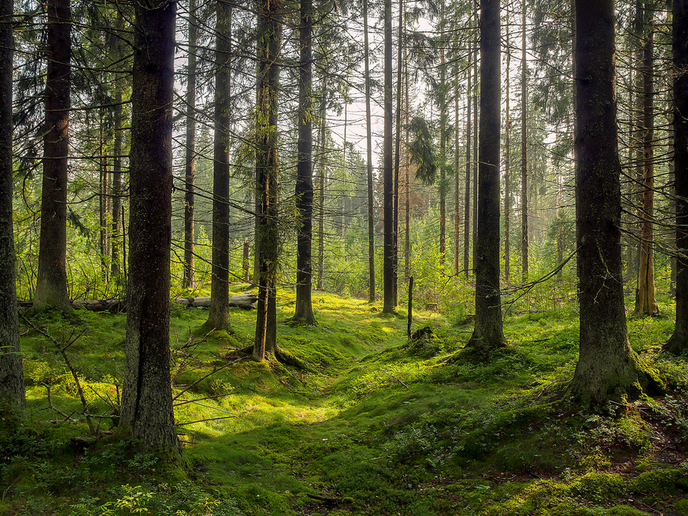Natural regeneration of Europe's forests
Sustainable Forest Management (SFM) aims to ensure the economical, environmental and life quality benefits associated with forests for generations to come. An important component of SFM is forest regeneration. The question is whether to intervene or let nature run its course. The Department of Forestry and Renewable Forest Resources of the University of Ljubljana, through its participation in the NAT-MAN project, investigated the effect of a number of different parameters on forest regeneration. Field work was performed in several different forests across Europe. Canopy gaps were the primary factor addressed by the University of Ljubljana. These gaps allow sunlight and radiation in. Strangely, this did not translate into higher growth rates for the tree seedlings. Consequently, managed forest regeneration (i.e. planting) does not necessarily have to target open areas since the seedlings can apparently adapt to low-light conditions. Gaps are also home to ground vegetation, which can be both friend and foe. It can protect against extreme meteorological conditions and animal browsing, but it also competes with the seedlings for soil nutrients, water and sunlight. Other factors affecting regeneration identified during the study were regional in nature, such as variation in climate, browser populations as well as forest management practices and experience. These differences led to significantly lower numbers of beech seedlings in the forests in northern Europe. The conclusions drawn from this research indicate that natural regeneration is a viable method for reforestation. Forest managers across Europe can take advantage of the knowledge attained by the University of Ljubljana during NAT-LAN.







